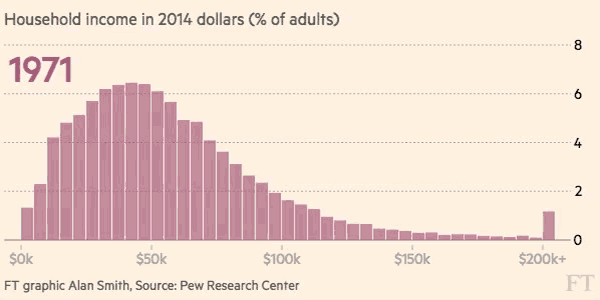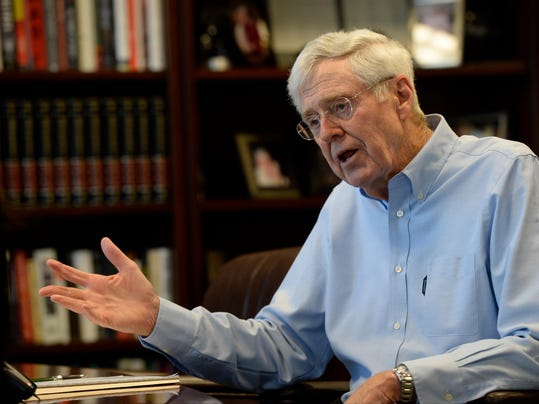Friday, Mar 18, 2016
* First, read this background…
The Illinois Municipal Retirement Fund is questioning whether McHenry County Board members are working enough hours to justify pensions after they leave office, the Northwest Herald has learned.
And a state representative known for tussling with the County Board over various issues in recent years plans to ask that a special prosecutor be appointed to investigate.
Under state law, McHenry County government employees must work at least 1,000 hours a year – or about 20 hours a week for 50 weeks – to qualify for IMRF benefits. The County Board in 1997 set a higher standard for its employees – the law otherwise sets a 600-hour annual minimum.
But an audit conducted last year by IMRF cast doubt on whether most board members are meeting the threshold, IMRF Director Louis Kosiba said.
Kosiba, who along with state Rep. Jack Franks asked to meet with the newspaper’s editors, pointed to a line from the IMRF’s own manual to back his assertion. Barring “highly unusual circumstances,” officials elected to county, village, township or municipal boards will not qualify for IMRF under the 1,000-hour threshold.
A special prosecutor? Wow. But, hey, did they do enough work to qualify for pensions? If not… could be big trouble.
* Now, read this comprehensive account of the latest board meeting. But take special note of this…
Board Chairman Joe Gottemoller treated Kosiba as if he were a witness in a trial.
He got a reply that no issue was raised until Local 150 and Jack Franks separately brought the question to the attention of IMRF. […]
“The information comes from a union [Local 150 of the Operating Engineers] that is suing us because we supported Governor Rauner’s [Turnaround Agenda],” Gottemoller interjected.
* More background, this time from last year…
A labor union claims the McHenry County Board violated the Illinois Open Meetings Act when at least eight of its members gathered at a private discussion with Gov. Bruce Rauner at the Woodstock Opera House April 8.
The International Union of Operating Engineers Local 150 filed a lawsuit against the County Board April 17, accusing board members of failing to comply with a state law that requires the public be allowed to attend government meetings. […]
According to the lawsuit, Chairman Joseph Gottemoller, Yvonne Barnes, Jim Heisler, Nick Provenzano, Chuck Wheeler, Tina Hill, Michele Aavang and Larry Smith were on hand to listen to a talk from Rauner, who was in Woodstock to tout his Illinois Turnaround agenda, a set of plans supporters say will improve the state’s economy but which opponents have labeled as an attack on unions and the middle class. […]
The next day, the County Board voted 16-5 in favor of a non-binding resolution supporting Rauner’s plan, which calls for localized right-to-work zones, the repeal of prevailing wage laws, the elimination of unfunded mandates and more.
Ouch.
- Posted by Rich Miller


 Income inequality, animated (Alan Smith/FT.com)
Income inequality, animated (Alan Smith/FT.com) 






